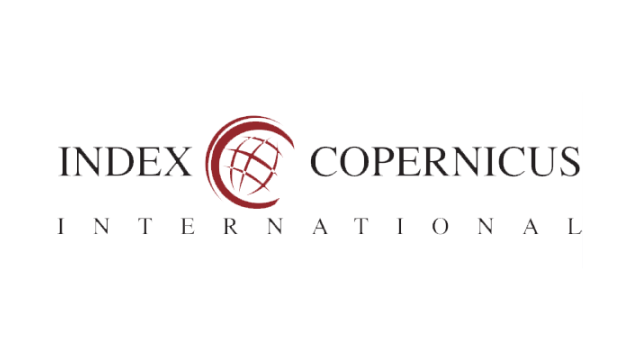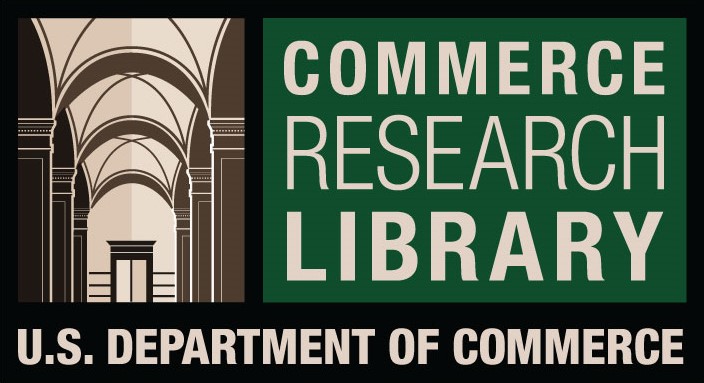Needs Analysis of Teacher Professional Development to Improve Competence
DOI:
https://doi.org/10.61841/zrv3bp90Keywords:
Needs analysis,, Competence, Professional TeacherAbstract
This study aimed to explore the needs analysis function in the implementation of teacher professional development programs so that teacher competence can be increased. Analysis was carried out on organizational, task, and career needs. The research method used was mixmethod with Self-Report Inventory instruments, interview guidelines, observation instruments, and guidelines for focus group discussions in Avicenna Junior High School by involving research samples, namely: the human resources department, principals and teachers. The results showed that the development program carried out so far was not maximally based on real needs in answering the problems of teachers in learning. This is indicated by the competency gap by a mean of
0.78. The effectiveness of teacher professional development programs is largely determined by the initial process of analyzing the development needs of teachers in solving learning problems in class. Therefore, in implementing a teacher's professional development program the first step that must be taken is to conduct a development needs analysis, specifically based on the needs of teachers.
Downloads
References
1. Andreas Schleicher. (2016). International Summit on the Teaching Profession Teaching Excellence through Professional Learning and Policy Reform Lessons From Around The World. Paris: OECD.
2. Ayu, I. G., Damayanthi, E., Agung, A., Agung, G., & Suarni, N. K. (2014). Analisis Kompetensi Pedagogik Dan Profesional Ditinjuau dari Output Institusi Pada Para Guru SMP Negeri Kota Denpasar. Jurnal Administrasi Pendidikan Indonesia, Vol. 5 No. Retrieved from http://oldpasca.undiksha.ac.id/e- journal/index.php/jurnal_ap/article/view/1415
3. Balta, N., & Eryılmaz, A. (2019). The effect of the “ teacher-led PD for teachers ” professional development program on students ’ achievement : an experimental study. Teacher Development, 0(0), 1–21. https://doi.org/10.1080/13664530.2019.1659176
4. Bromley, B. M. (2018). supply teacher, 2019.
5. Creswell, J. W. (2009). Research design: Qualitative, quantitative, and mixed methods approaches. Research Design qualitative quantitative and mixed methods approaches (Vol. 3rd). https://doi.org/10.1016/j.math.2010.09.003
6. Dedi Kurniady, & Aan Komariah. (2018). A Review of continous professional development in school principal carrier. Opcion.
7. Depdiknas. Permendiknas RI Nomor 16 Tahun 2007 tentang Standar Kualifikasi Akademik dan Kompetensi Guru (2007).
8. Depdiknas. (2008). Penilaian kinerja guru.
9. Díaz-maggioli, G. (2004). Professional Development. United States of America: Association for Supervision and Curriculum Development.
10. Donni, J. P. (2016). Perencanaan dan Pengembangan SDM. Bandung: Alfabeta.
11. Douglas, J., Mcclelland, R. J., Mcclelland, R., & Davies, J. (2008). The development of a conceptual model of student satisfaction with their experience in higher education. Quality Assurance in Education, Vol. 16 No. https://doi.org/10.1108/09684880810848396
12. Fauth, B., Decristan, J., Decker, A., Büttner, G., Hardy, I., Klieme, E., & Kunter, M. (2019). The effects of teacher competence on student outcomes in elementary science education : The mediating role of teaching quality. Teaching and Teacher Education, 86, 102882. https://doi.org/10.1016/j.tate.2019.102882
13. Fraenkel, J. R. (2012). How To Design and Evaluate Research in Education (Eighth). New York: Mc Graw Hill.
14. Geldenhuys, J. L., & Oosthuizen, L. C. (2015). Challenges in fluencing teachers â€TM involvement in continuous professional development : A South African perspective. Teaching and Teacher Education, 51, 203–212. https://doi.org/10.1016/j.tate.2015.06.010
15. Gore, J., Lloyd, A., Smith, M., Bowe, J., Ellis, H., & Lubans, D. (2017). Effects of professional development on the quality of teaching : Results from a randomised controlled trial of Quality Teaching Rounds. Teaching and Teacher Education, 68, 99–113. https://doi.org/10.1016/j.tate.2017.08.007
16. Gorozidis, G., & Papaioannou, A. G. (2014). Teachers ’ motivation to participate in training and to implement innovations, 39, 1–11.
17. Guskey, T. R. (2010). Teachers and Teaching : Theory and Practice Teacher Change Professional Development and Teacher Change, (January 2013), 37–41.
18. Hartoyo, R. (2017). Development of Training Needs Analysis in Organization, 9(4), 140–159. https://doi.org/10.5296/jmr.v9i4.11866
19. Hunzicker, J. (2011). Effective professional development for teachers : a checklist. Professional Development in Education, Vol. 37, N(April 2013). https://doi.org/10.1080/19415257.2010.523955
20. Hyler, M. E., & Gardner, M. (2017). Effective Teacher Professional Development. Palo Alto Washington DC.
21. Kaswan. (2016). Pelatihan dan Pengembangan untuk Meningkatkan Kinerja SDM. Bandung: Alfabeta.
22. Kiymet Selvi. (2010). Teachers ’ Competencies. Cultura. International Journal of Philosophy of Culture and Axiology, VII,(January 2010). https://doi.org/10.5840/cultura20107133
23. Latifah Husien. (2016). Profesi Keguruan menjadi guru Profesionl. Yogjakarta: Pustaka Baru Press.
24. Lee, H., & Lee, H. (2005). Developing a Professional Development Program Model Based on Teachers ’ Needs, XXVII(1), 39–49.
25. M Hosnan. (2016). Etika Profesi Pendidik Pembinaan dan Pemantapan Kinerja guru, Kepala Sekolah, serta Pengawas Sekolah. Bogor: Ghalia Indonesia.
26. Moh Uzer Usman. (2017). Menjadi Guru Profesional. Bandung: Remaja Rosda Karya.
27. Noe, R. A. (2017). Human Resources Management (10th ed.). New York: Mc Graw Hill.
28. Panggabean, M. S., & Himawan, K. K. (2016). The Development of Indonesian Teacher Competence Questionnaire, (July 2018). https://doi.org/10.12928/jehcp.v5i2.5134
29. Poro, S. G., Yiga, A. P., Enon, J. C., Mwosi, F., & Eton, M. (2019). Teacher competence and performance in primary schools in Nwoya District , Teacher competence and performance in primary schools in Nwoya District , Northern Uganda, (February).
30. Postholm, M. B., & Postholm, M. B. (2012). Teachers ’ professional development : a theoretical review Teachers ’ professional development : a theoretical review, (October 2014), 37–41. https://doi.org/10.1080/00131881.2012.734725
31. Sara Bubb. (2019). Pengembangan Profesional Guru Baru. Jakarta: Penerbit Indeks Jakarta.
32. Sonia Blandford. (2000). Managing Profesisional Development In Schools. United States of America: Routledge.
33. Steyn, G. M. (2010). Educators â€TM perceptions of continuing professional development for teachers in South Africa : A qualitative study Educators ’ perceptions of continuing professional development for teachers in South Africa : A qualitative study, (November 2014), 37–41. https://doi.org/10.1080/18146627.2010.490009
34. Svendsen, B. (2016). Teachers ’ experience from a school-based collaborative teacher professional development programme : reported impact on professional development, 4530(June). https://doi.org/10.1080/13664530.2016.1149512
Downloads
Published
Issue
Section
License

This work is licensed under a Creative Commons Attribution 4.0 International License.
You are free to:
- Share — copy and redistribute the material in any medium or format for any purpose, even commercially.
- Adapt — remix, transform, and build upon the material for any purpose, even commercially.
- The licensor cannot revoke these freedoms as long as you follow the license terms.
Under the following terms:
- Attribution — You must give appropriate credit , provide a link to the license, and indicate if changes were made . You may do so in any reasonable manner, but not in any way that suggests the licensor endorses you or your use.
- No additional restrictions — You may not apply legal terms or technological measures that legally restrict others from doing anything the license permits.
Notices:
You do not have to comply with the license for elements of the material in the public domain or where your use is permitted by an applicable exception or limitation .
No warranties are given. The license may not give you all of the permissions necessary for your intended use. For example, other rights such as publicity, privacy, or moral rights may limit how you use the material.









